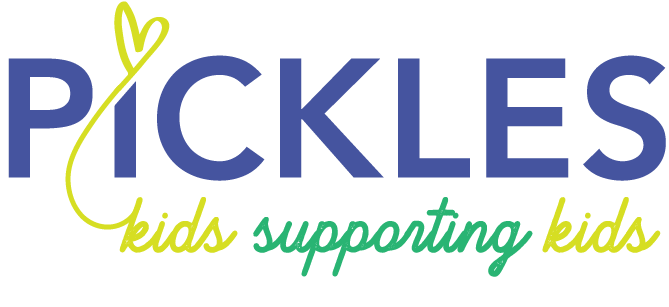What to Do When Kids Don’t Want to Talk About Cancer
At Pickles Group, our programs and resources are anchored in what research shows works to support kids whose parents have cancer. That’s open, age-appropriate information, helping kids develop healthy coping skills, and connecting them with peer support.
Open, age-appropriate conversations aren’t always easy, though!
What should you do when kids DON'T want to talk about cancer?
It’s a big question we get often.
Know this is normal. It’s not uncommon for children to behave like they don’t want to talk about cancer. Younger kids may choose to play.
Older kids may turn to their friends. Don't get discouraged. Your child's behavior doesn’t mean that it was wrong to talk about cancer in the first place or that you shouldn’t continue to make it a normal topic in your household. In reality, what you’re doing is:
Demonstrating that it’s okay to talk about cancer if and when they want
Validating their preferences for what they need and want.
Know you're building trust. Children and teenagers will self-select how much they can handle. The important thing is that you’ve created a safe space to talk in a way that makes them comfortable. You will build trust by following their lead.
Keep the door open. Don’t be surprised if you get a random question over dinner or during a car ride now that you've created the space for conversation! You’ve sent the message that the door is open, and you’re there when they’re ready. Keep that door open and watch how your conversations and connection grow over time in a way that works for you both.
Just because today isn’t the day, doesn’t mean there’s anything wrong— keep building trust, together, and it will pay off in the long run through and beyond your family’s cancer experience.
Take advantage of more support and resources designed by experts for families like yours. Check out our schedule for upcoming webinars by to support parents navigating cancer led by our expert team. You can also order your free Pickles Family Cancer Support Kit, and enroll your kids in our peer-to-peer programs for kids affected by their parent’s cancer.

